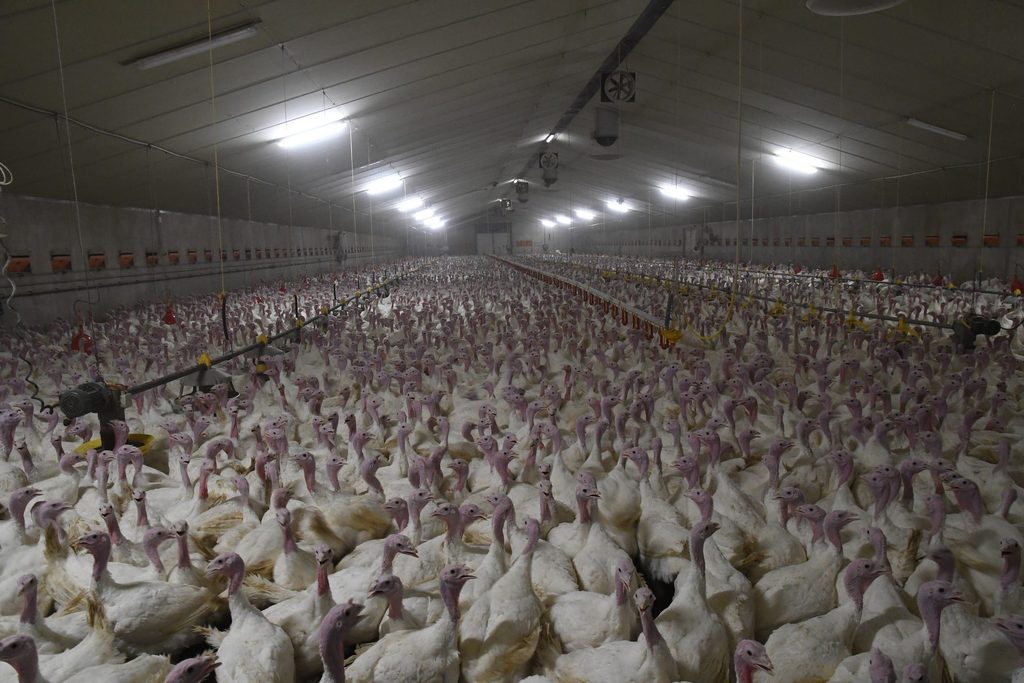With pressure rising for Flanders to modernise its animal welfare regulations, the region has now banned animal markets and the home slaughter of certain animals, announced Flemish Minister for Animal Welfare Ben Weyts.
The new Animal Welfare Codex brings together existing and new regulations to better protect animals. It was presented on Monday and replaces the "outdated Animal Welfare Act," now 37 years old. With the Codex, Flanders plays a pioneering role in the field of animal welfare. "This is a milestone for animal policy."
"For the first time, animals are officially recognised as sentient beings with specific needs and intrinsic value," Weyts said at a press conference on Monday. "This means that they must be well protected. The Flemish Codex significantly expands that protection. We have literally completely rewritten the code."
From now on, each local police zone must have a designated animal welfare officer to monitor the situation more closely. The implementation of the Codex also means that companies that have chickens, for example, must give the animals more space: they need to completely transition from chicken cages to free-range aviary system.
Animals for food and entertainment
A ban has been placed on keeping cetaceans (such as whales and dolphins) in captivity, with import and breeding also prohibited. An exception was made for Boudewijn Seapark in Bruges, the only dolphinarium in Flanders. The park can have up to six dolphins. If one of them dies, the park may not replace it.
Currently, there are seven dolphins, but these can be kept for the time being says director Lars van de Ham. But the animals' welfare must be optimised, for one thing by providing an outdoor pool from 1 January 2027.
"I am curious to see how the animals will adapt, they are used to being indoors. But we will certainly do that. It will be a nice addition to the park," said Van de Ham. From 2027, there will be an evaluation every ten years to see whether the animals can receive better protection.
Related News
- Protecting Wallonia's wildlife: Wind turbines soon to be fitted with bird detection system
- Call for a Fur Free Europe most successful European Citizens Initiative on animal welfare
"If an evaluation shows that there is a good alternative, such as a reserve that offers the dolphins better welfare and quality of life, the dolphins should be transferred there," the Belgian animal rights organisation GAIA said.
However, the organisation criticised the fact that the first evaluation is not due until 2037. "That means any required changes can wait until then at the earliest. We believe that a waiting period of more than 13 years is too long for the dolphins."
These measures are also being introduced:
- You may not paint or otherwise artificially colour animals;
- You are no longer allowed to keep animals that you have caught in the wild;
- You may no longer breed animals intended for animal fighting or target practice;
- You may not administer substances to animals that are detrimental to their health;
- Slaughterhouses must install cameras;
- Each municipality must enter into a partnership with an animal shelter.

